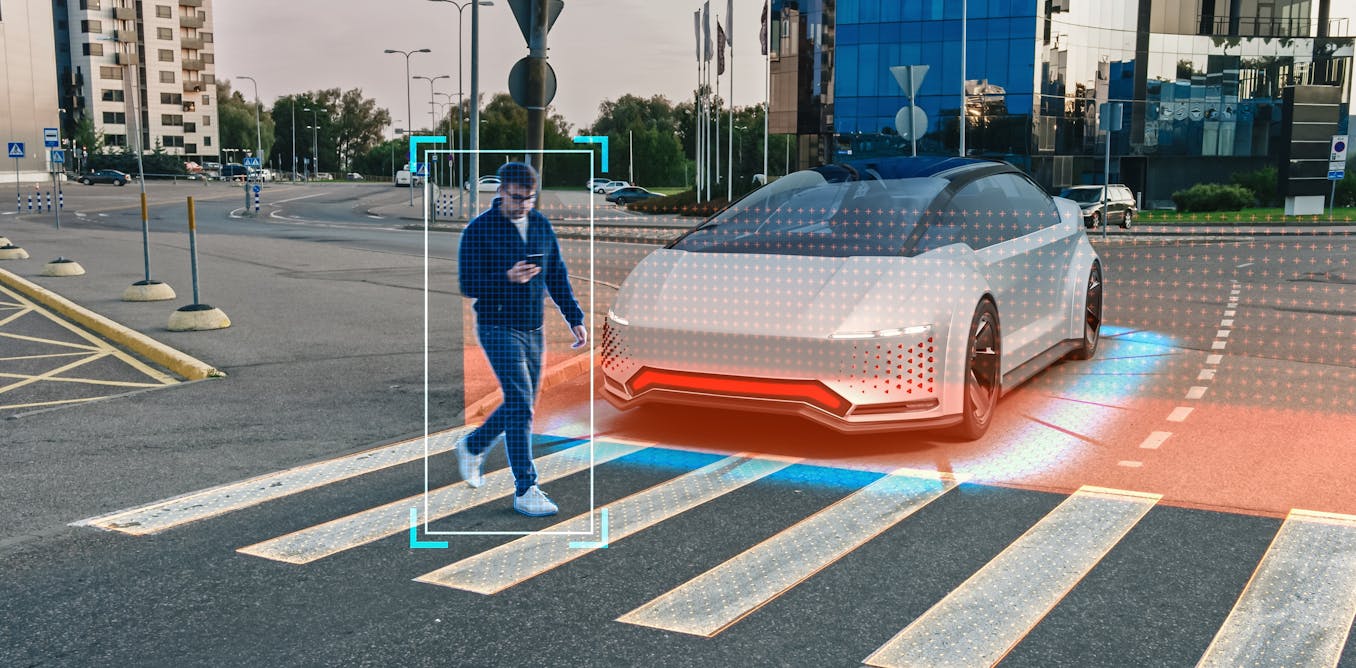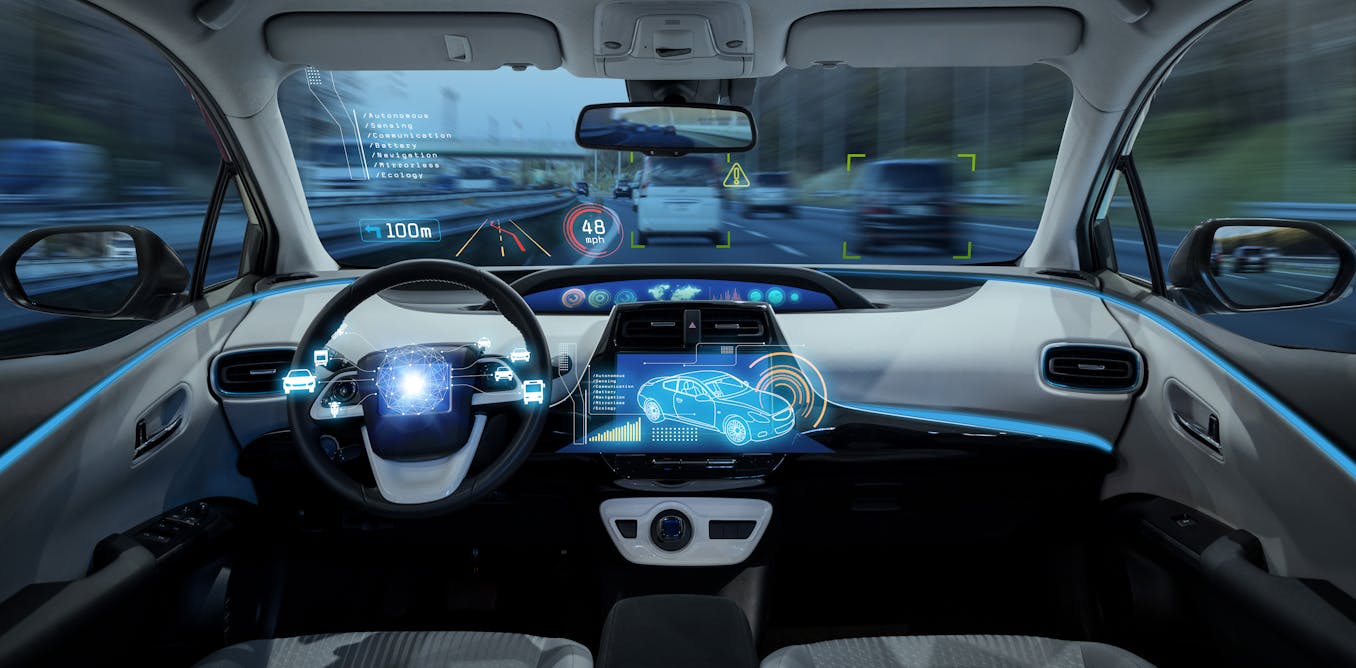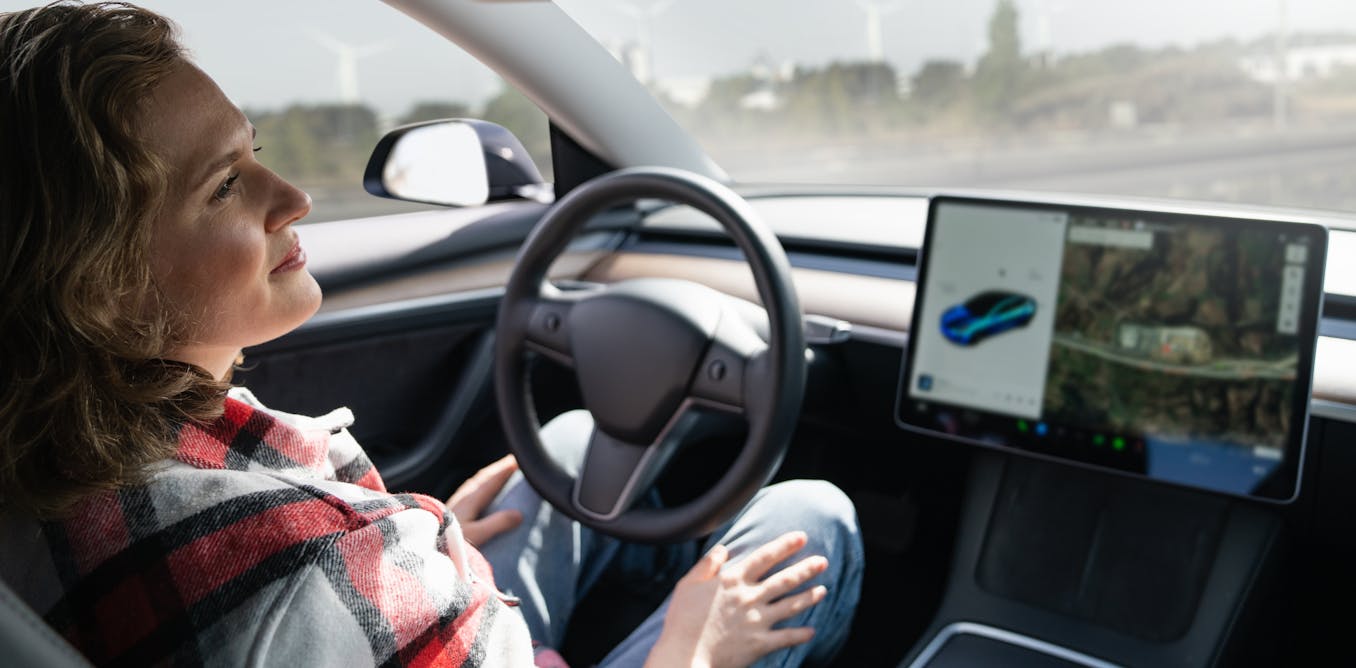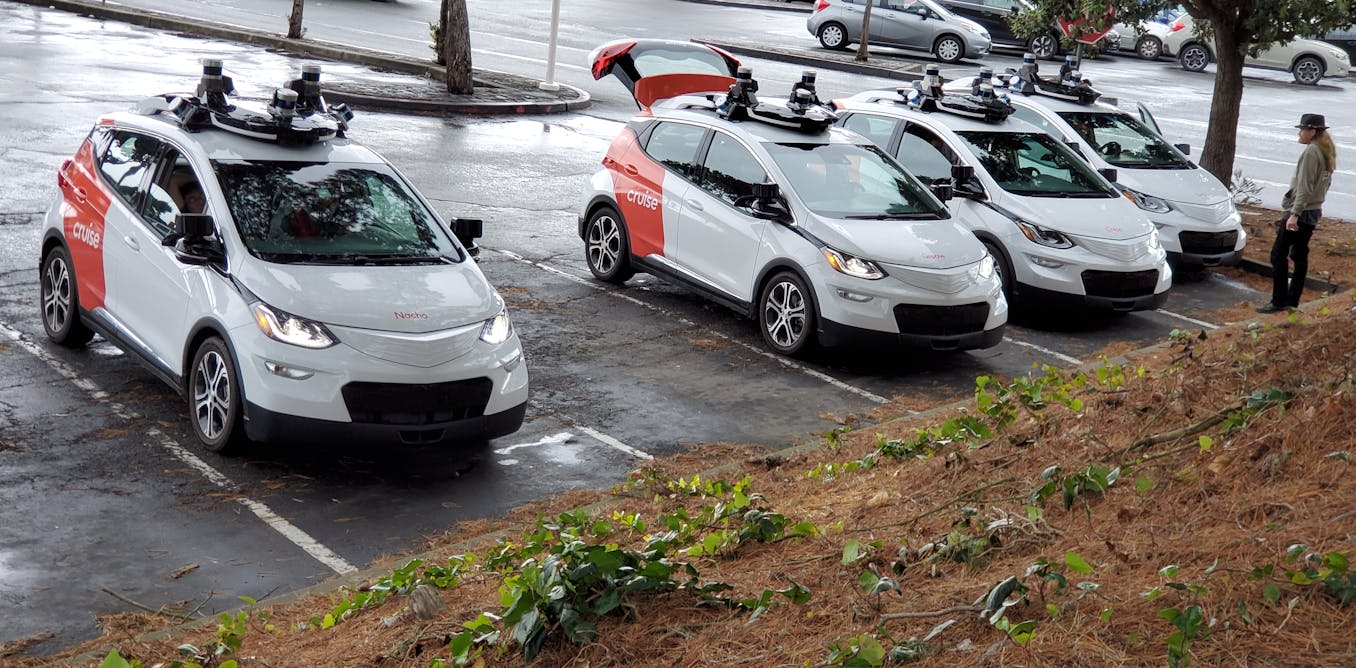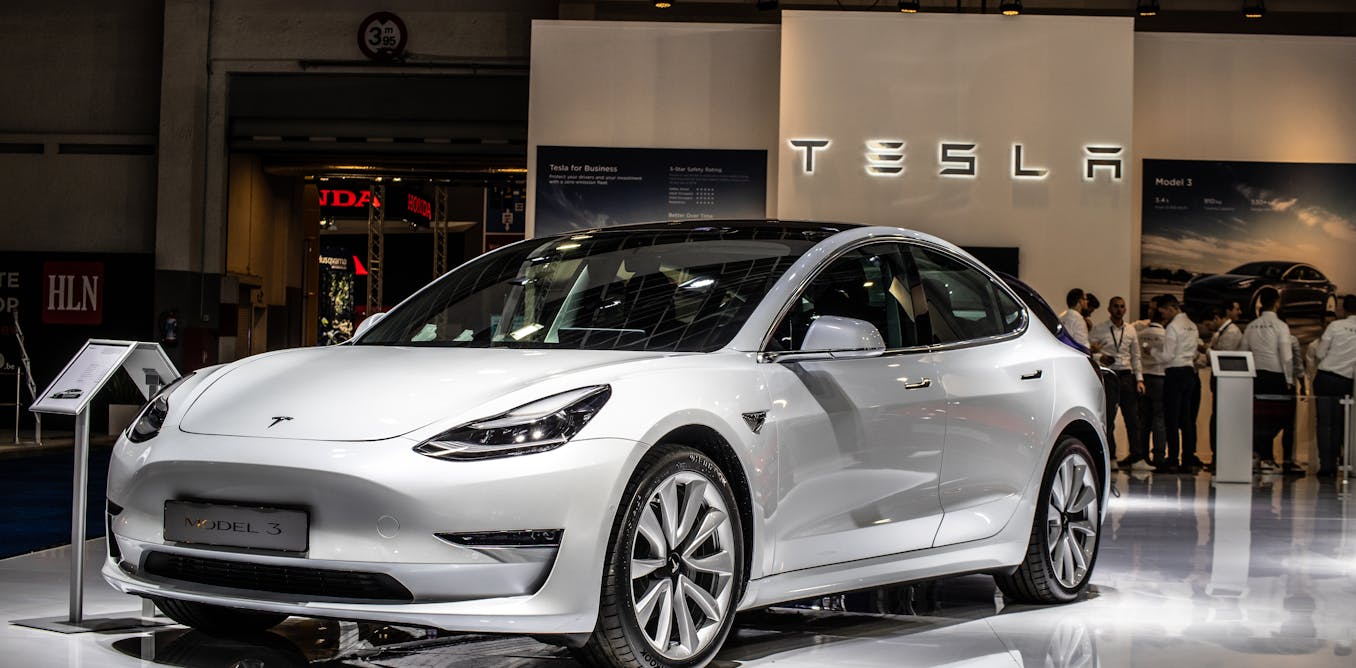Bringing AI up to speed – autonomous auto racing promises safer driverless cars on the road
Artificial intelligence systems that can handle the pressure of high-speed auto racing could lead to driverless vehicles that can safely manage the morning commute.
Feb. 14, 2024 • ~8 min


